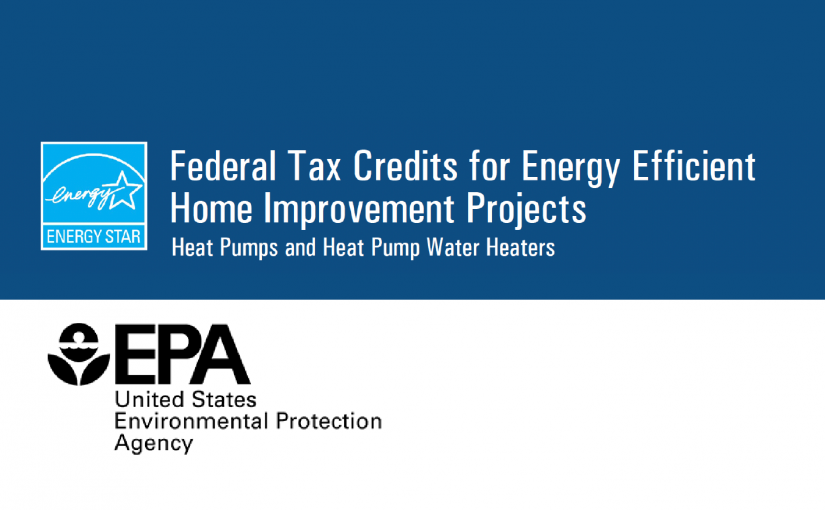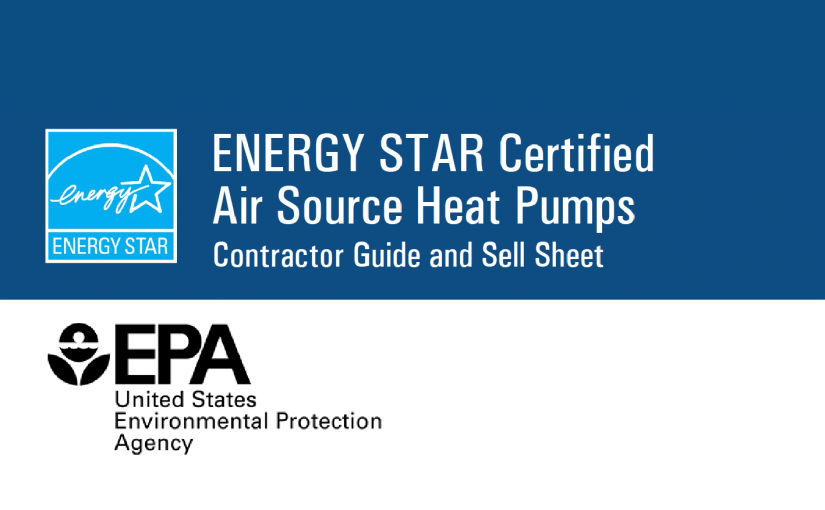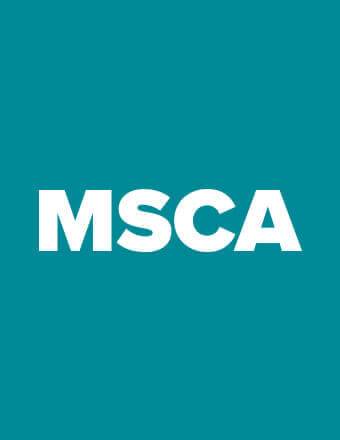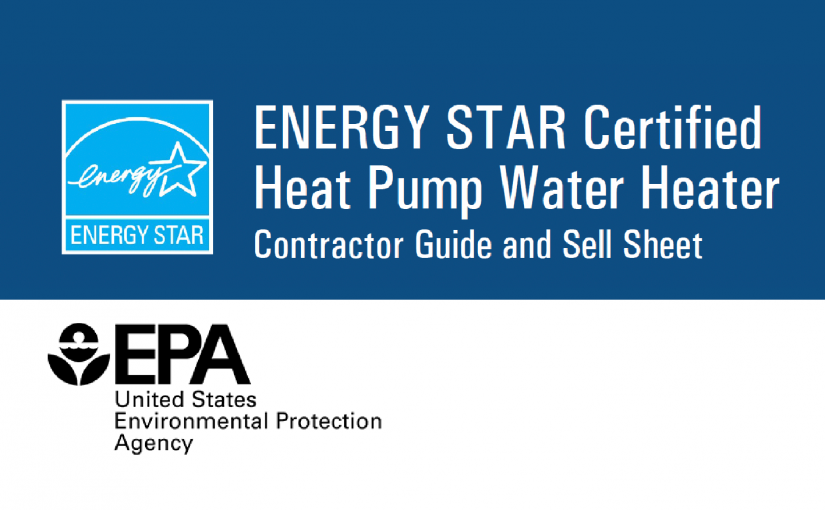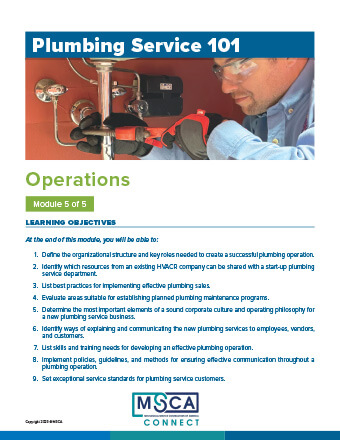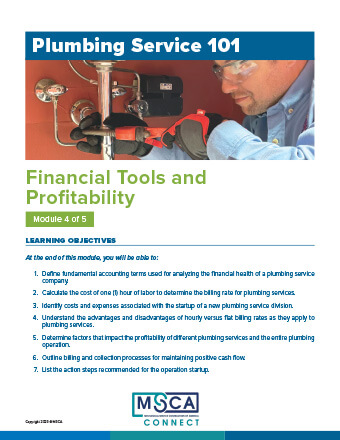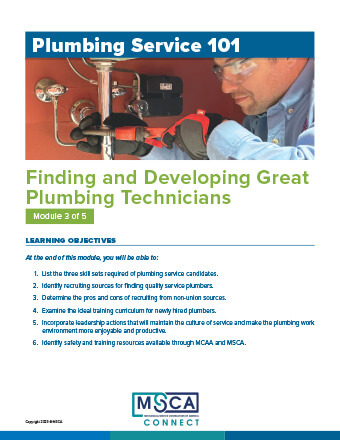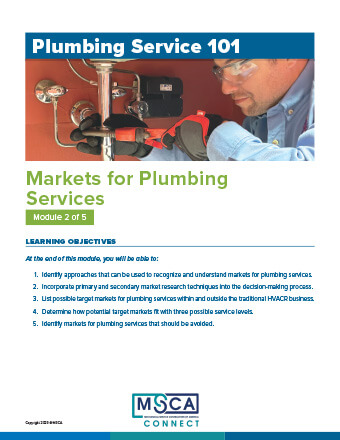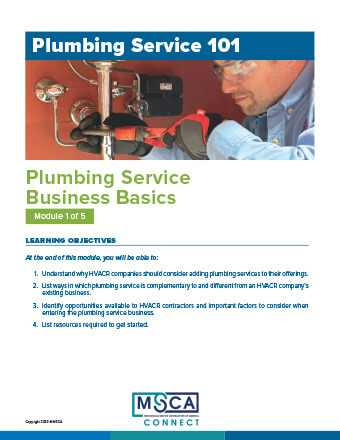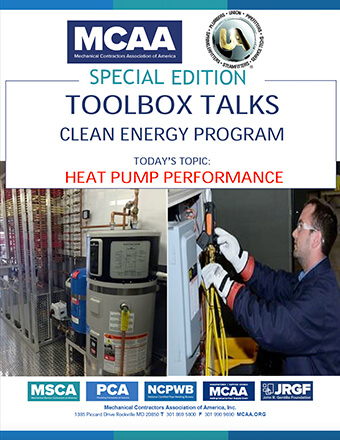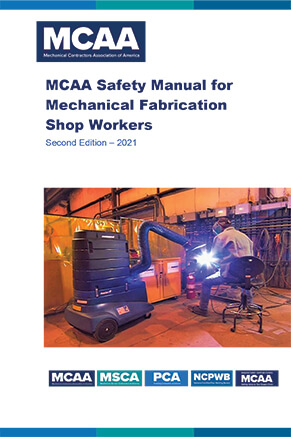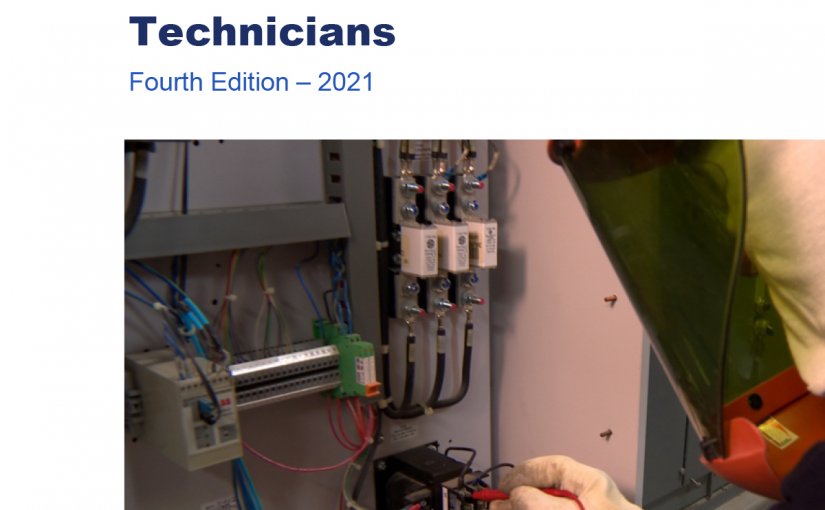MSCA Board member Drew Harrison hosts a panel of industry experts who share how heat pumps can help grow your business and improve profits. MSCA and the UA have been working with Pacific Northwest National Laboratory (in support of the US Department of Energy) to boost heat pump and heat pump water heater training and recruitment as massive federal incentives become available.
This webinar features:
- State of the Market on Heat Pumps
- Cold climate heat pump performance
- Federal incentives
- DOE Decarbonization goals
- UA training opportunities
Moderator: MSCA Board Member and Vice President of Harrison Energy Partners, Drew Harrison Panelists:
- Jamie Kono, Building Research Engineer at PNNL (Pacific Northwest National Laboratory)
- Michael Blunschi, US Department of Energy
- Robert Vilches, UA HVACR Training Specialist
This webinar was recorded April 16, 2024.
